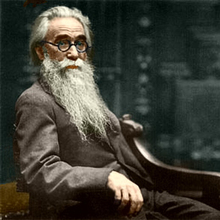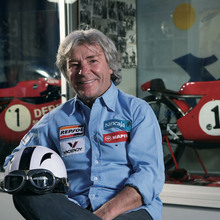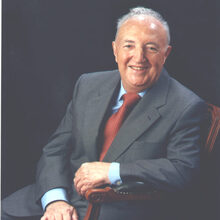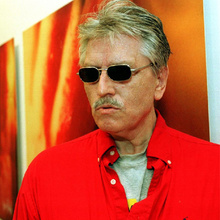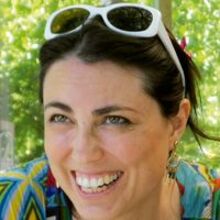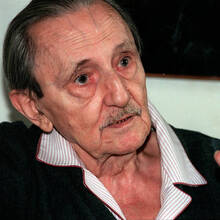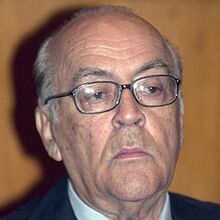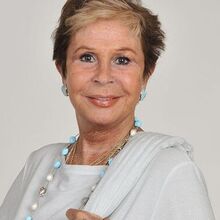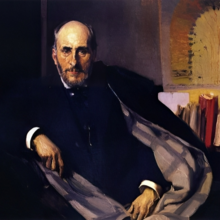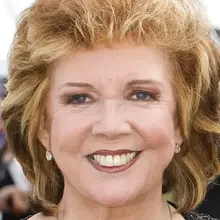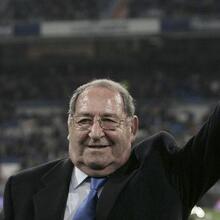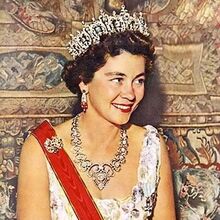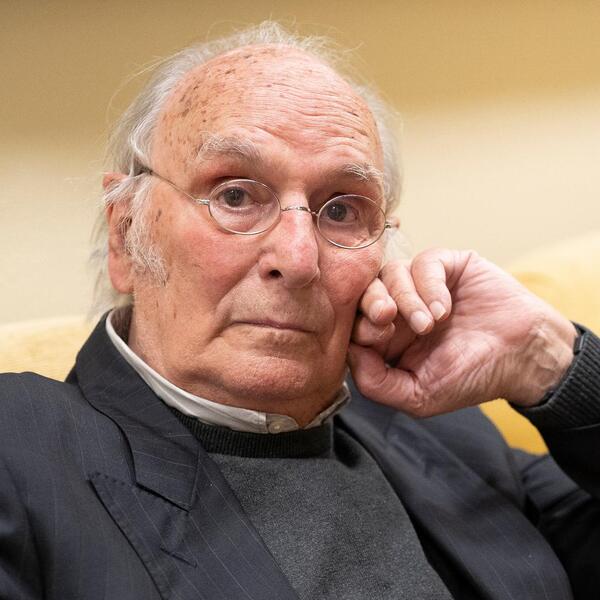
Personal
Other names:
Job / Known for:
Film director, producer, actor
Left traces:
history, especially flamenco dance and music
Born
Date:
1932-01-04
Location:
ES
Huesca, Aragon
Died
Date:
2023-02-10 (aged 91)
Resting place:
ES
Collado Mediano
Death Cause:
Natural causes
Family
Spouse:
Adela Medrano (m. 1957-1964), Mercedes Pérez (m. 1964-1979), Eulàlia Ramon (m. 2006-2023)
Children:
Seven children: Antonio, Carlos, Ana, Diego, Manuel, Adrián and Anna
Parent(s):
Fermina Atarés Torrente (mother), Antonio Saura Pacheco (father)
QR Code:
Show More
Rank
Users ranking to :
Thanks, you rate star
Ranking
5.0
1
Fullname
Carlos Saura
Slogan
I have always tried to make films that reflect the reality and culture of my country
About me / Bio:
Show More
Article for Carlos Saura
Died profile like Carlos Saura
Comments:

